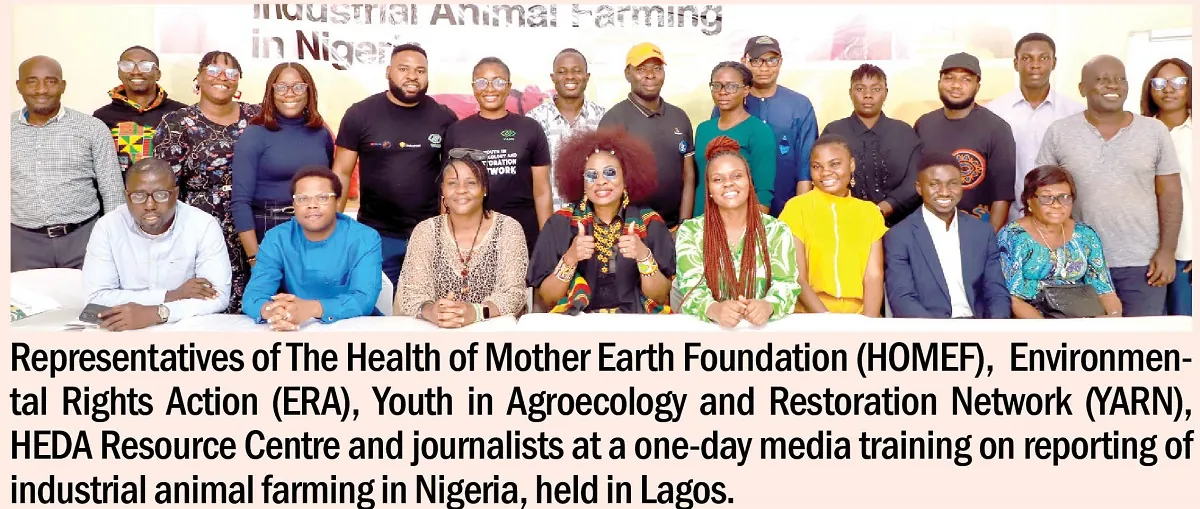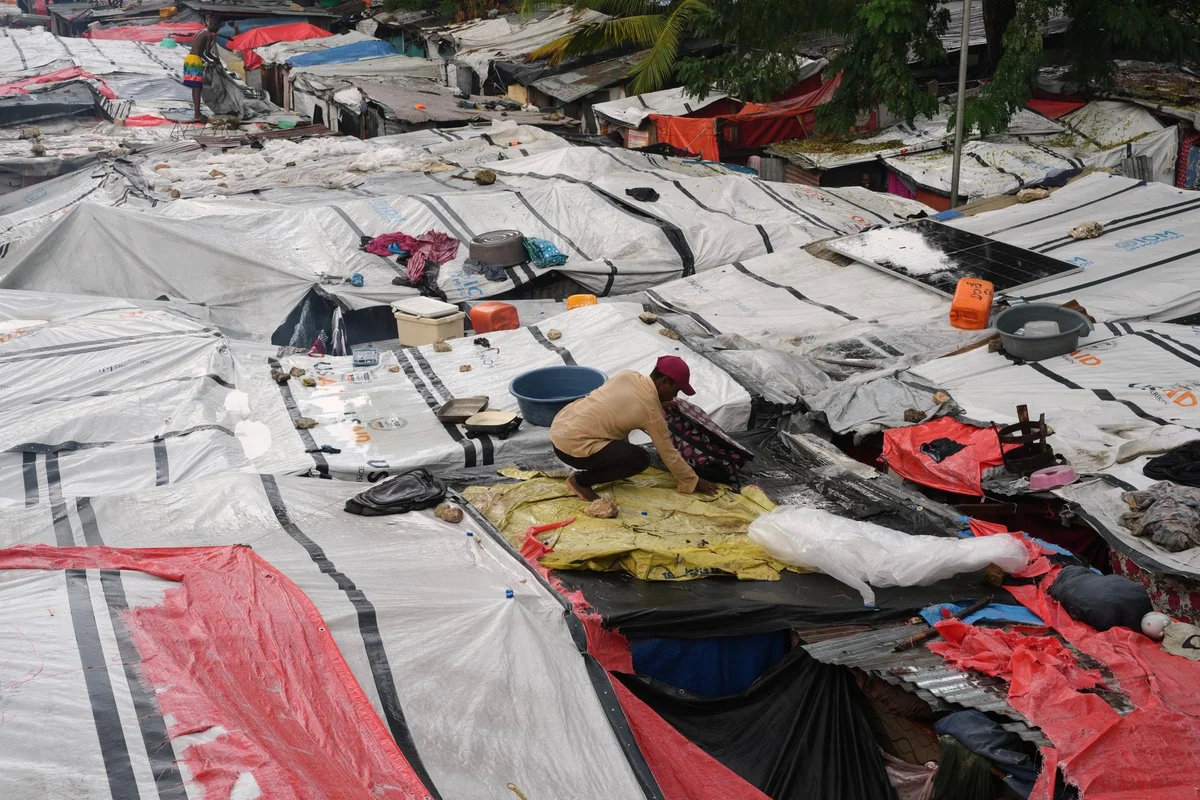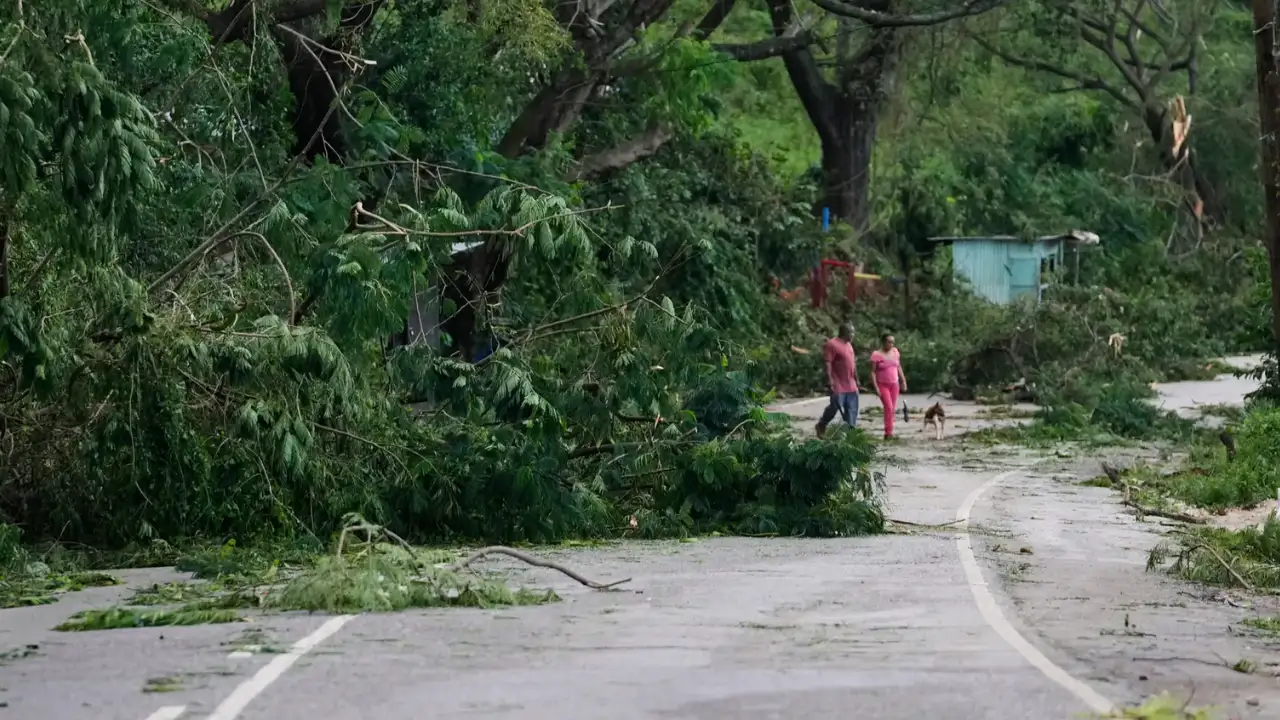Copyright tribuneonlineng

Says it threatens nation’s food sovereignty A coalition of environmental, agricultural, and public health experts has warned that the $2.5 billion investment deal between Brazil’s JBS S.A. and the Nigerian government could reshape the nation’s food and health systems in ways that threaten smallholder farmers, public health, and environmental stability. Under the deal, JBS, the world’s largest meat processor, plans to establish six industrial-scale livestock farms across Nigeria: three poultry complexes, two beef facilities, and one pork plant in Lagos, Ogun, Oyo, Kaduna, Kano, Cross River, and Niger States. While the company promotes the initiative as a boost to food security and job creation, civil society groups said it risks deepening corporate control over Nigeria’s food system. A new study by the Health of Mother Earth Foundation (HOMEF) and the Human and Environmental Development Agenda (HEDA) found that industrial farming operations have had mixed outcomes in host communities. Nearly all residents surveyed, that is 96.7 per cent, confirmed the presence of large farms nearby, but two-thirds said the economic benefits did not meet their needs. About 60 per cent reported losing farmland or grazing areas, and a majority cited air and water pollution, flooding, and worsening health conditions. Speaking during a media training on reporting of industrial animal farming in Nigeria, organized by Health of Mother Earth Foundation (HOMEF) and Environmental Rights Action (ERA) in collaboration with Youth in Agroecology and Restoration Network and HEDA Resource Centre, Mariann Bassey-Olson, Deputy Executive Director of Environmental Rights Action/Friends of the Earth Nigeria (ERA/FoEN), noted that the JBS deal demands rigorous oversight. “We must ask: where will the land come from, what environmental assessments have been done, and how will communities be consulted? These are not anti-investment questions; they are pro-accountability questions,” she said. In her presentation, she linked JBS to a history of environmental and human rights violations, including illegal deforestation in the Amazon, water contamination, and labour abuses. Analysts warn that replicating this industrial model in Nigeria could worsen pollution, deforestation, and antibiotic resistance while marginalising smallholder farmers who currently produce over 70 per cent of the country’s food. Mayowa Sobo, Program Manager, HEDA Resource Centre, highlighted that the study found that jobs generated by large farms are mostly casual and low-paying, with average monthly wages as low as N30,000. Communities in Ogun, Nasarawa, and Oyo States also complained about exclusion from decision-making and compensation during land acquisitions. Environmental degradation remains a recurring issue. “In Nasarawa, aerial spraying killed crops and polluted boreholes; in Ogun, residents complained of foul smells and contaminated water,” Sobo noted. Both groups urged the government to prioritise agroecology, local food systems, and farmer-led innovation to ensure sustainability. “The choices we make today will determine whether Nigeria’s food future remains in the hands of its farmers or is surrendered to multinationals,” Bassey-Olson said, adding that true food sovereignty and security must be built from within. Meanwhile, Abimbola Solagbade, a public health expert, has called for stronger policy coordination across human, animal, and environmental sectors, warning that global health and economic stability depend on integrated systems under the “One Health” framework. Presenting on “A One Health Perspective, Solagnade said the COVID-19 pandemic, Ebola outbreak, and the rise in antimicrobial resistance (AMR) show that health systems can no longer function in isolation. “The health of people, animals, and the environment is one and indivisible,” Abimbola said, while noting that collaborative policies that connect these systems are essential for preventing future crises.” According to him, more than 60 per cent of infectious diseases originate from animals, and pandemics have cost the global economy trillions of dollars. Poor animal welfare and environmental degradation, from deforestation and pollution to rapid urbanisation, are key drivers of disease emergence and food safety threats. The study also highlighted that nearly five million deaths in 2021 were linked to drug-resistant infections, underscoring the need for preventive investments rather than reactive spending. Abimbola urged governments to align national health strategies with the World Health Organisation (WHO) and United Nations Sustainable Development Goals (SDGs), and to fund surveillance, research, and community education for sustainable health outcomes. “The One Health model provides a proven roadmap,” he added. “It’s time for governments and businesses to treat public health, animal welfare, and environmental stability as interconnected parts of the same system.”



